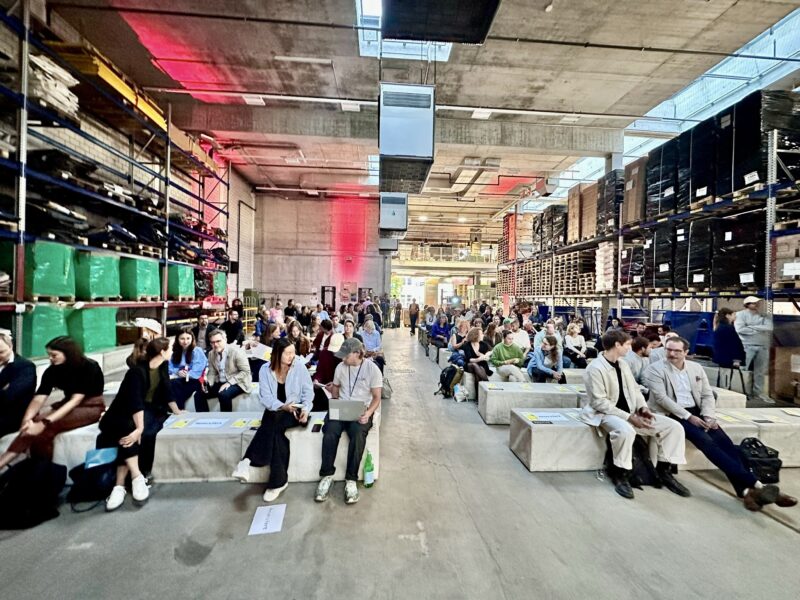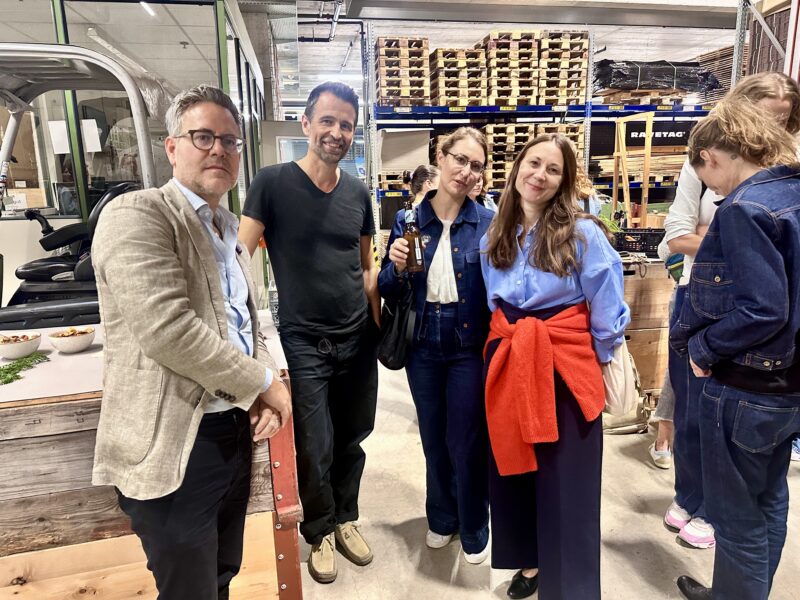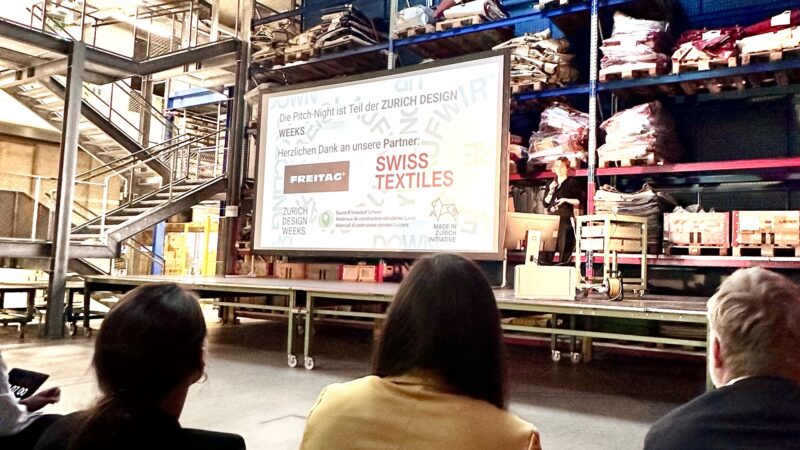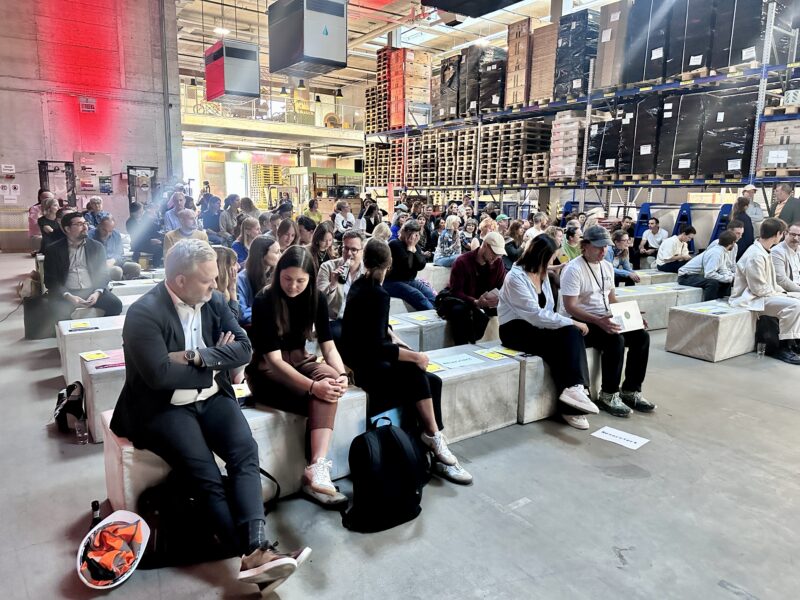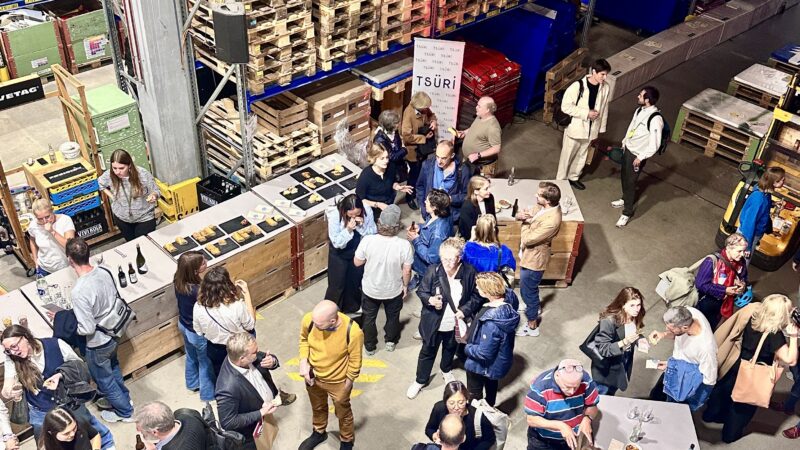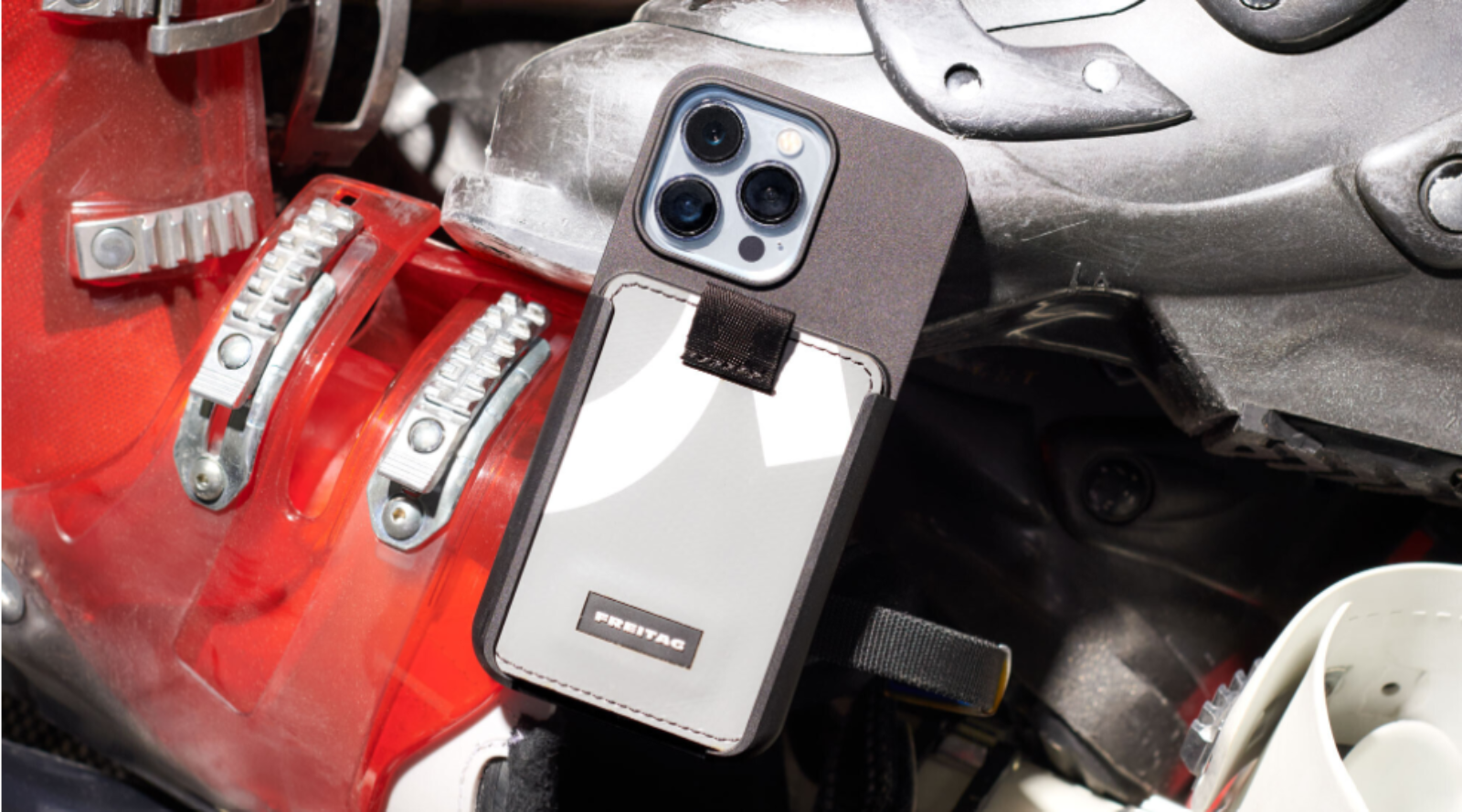Zurich Design Weeks
"Circularity brings added value"
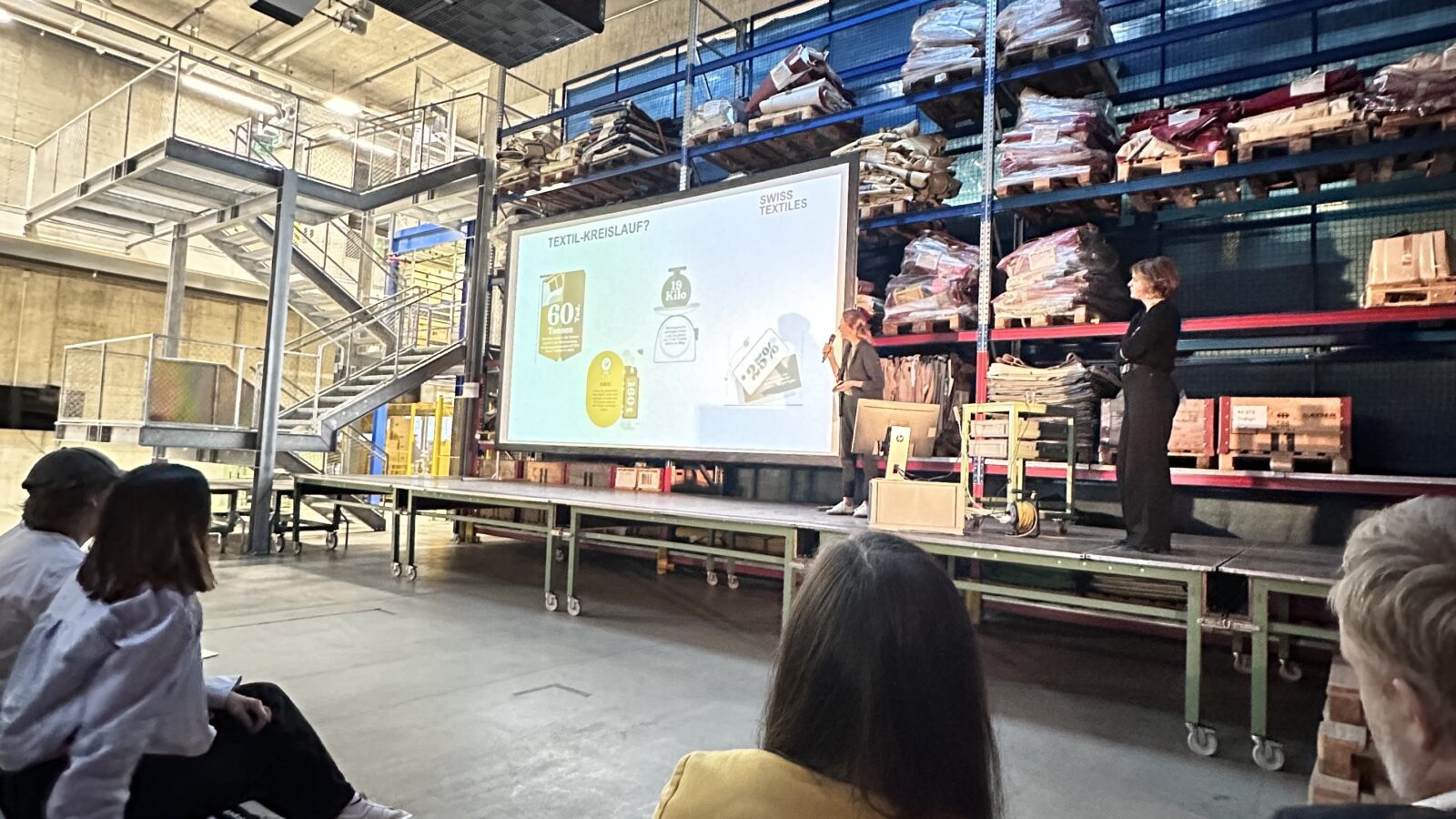
How old ski boots become mobile phone covers and how textile cycles can be closed: At this year's Circular Economy Pitch Night, seven speakers presented their ideas in the Freitag production hall. Solutions from science, business and politics were presented under time pressure. Swiss Textiles, which supported the event, presented the joint industry initiative with Fabric Loop.
Together with Freitag, Tsüri.ch organised the Circular Economy Pitch Night on Wednesday evening. The event took place as part of Zürich Design and focussed on solutions for a more resource-efficient future.
7 pitches, 4 areas, 1 topic
In the Freitag production hall, seven speakers from politics, science, business and society presented ideas on how materials in Switzerland can be better kept in circulation in seven minutes each. Swiss Textiles, which supported the event, presented the Fabric Loop joint industry solution.
Keeping valuable raw materials
Since autumn 2024, the association has been working on developing a central recycling system as part of the extended producer responsibility. It is to be financed via an advance recycling contribution.
The aim is to address key challenges such as a lack of collection and recycling infrastructure, a lack of transparency regarding material flows and design standards for recycling. The aim: new, high-quality products made from recycled fibres.
Turning old ski boots into mobile phone cases from Freitag Image: OST
From the ski slopes to your trouser pocket
In the last pitch, Daniel Schwendemann from the University of Applied Sciences in Eastern Switzerland showed how mobile phone cases can be made from old ski boots. The professor at the Institute of Materials Engineering and Plastics Processing (IWK) realised the project together with his students and Freitag - with success. In 2023, it even won an award in the sustainability category at the Swiss Plastics Expo in Lucerne.
The scientist's focus is on special process engineering methods: The aim is to create reusable materials from plastic waste or mixed plastics. Because: "Circularity brings added value. That is often forgotten," he says.
Closing the gap between the theoretical cycle and actual implementation
According to the expert, the problem lies in the plastics cycle. Many products consist of composite materials that are difficult to separate. Even single-origin plastics lose quality with each recycling run, which makes reuse more difficult.
In addition, sorting and processing require large amounts of energy and expertise and are therefore under economic pressure.
The IWK is developing approaches to reduce material losses, increase purity and thus also return mixed plastics to high-quality applications.
This shows how technical research can help to close the gap between the theoretical cycle and real-life implementation.
Also on stage were Jonas Kissling from Studio Eidola, Michael Widmer from Baustoff Kreislauf Schweiz, Ricarda Fieber from ETH Zurich/ SusTec), Davide Mastrodomenico from Girsberger and Green National Councillor Lisa Mazzone.
